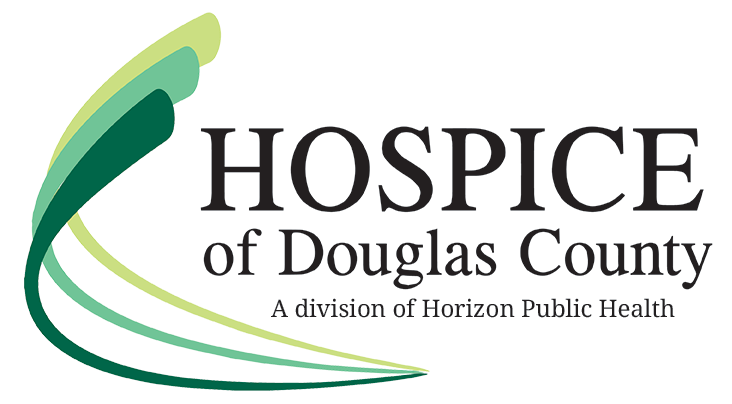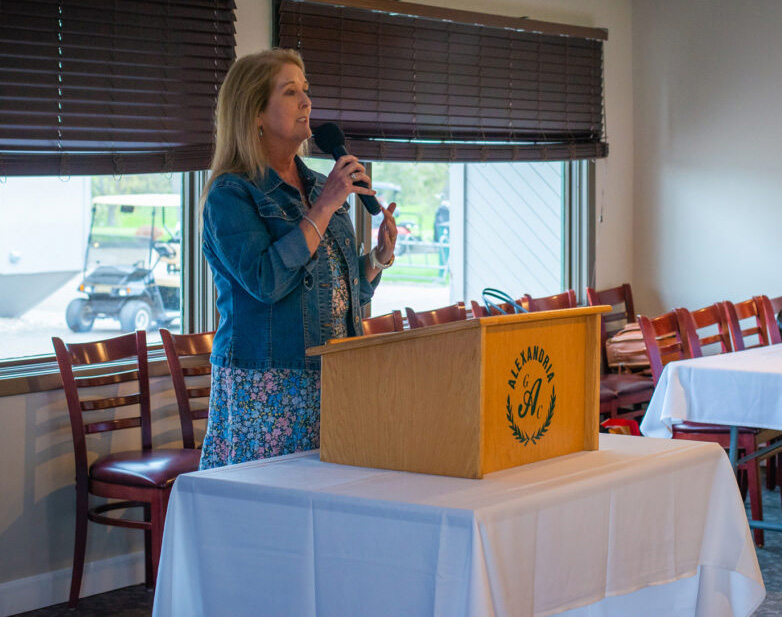When to Refer
Knowing when to refer a patient for a hospice evaluation can be difficult. Instead of asking yourself if your patient has a prognosis of six months or less, consider asking yourself the “surprise” question: Would I be surprised if I saw my patient’s name in the obituary column of the local newspaper in the next year?
While coverage for hospice services is available through Medicare, Medicaid and most insurances, it is significantly underused by patients across the country, including in Minnesota. Because many patients enter hospice care late in the course of their life-limiting illness they and their families often report they wished they had utilized hospice sooner.
Some signs that may indicate eligibility for hospice care:
- Increased or uncontrolled pain
- Decline in ability to perform activities of daily living (ADLs)
- Frequent infections
- Frequent hospitalizations or ER visits
- Increased weakness and/or fatigue
- Increased skin problems
- Withdrawal, confusion, bedbound
- Progressive decline, in spite of curative medical therapies
- Patient verbalizes “I am ready to die”
Patients may have one or more of the following diagnoses to qualify for hospice:
- Alzheimer’s disease and advanced dementia
- Heart diseases
- Liver disease
- Renal disease
- Cancer
- Pulmonary diseases
- COPD
- ALS
- Parkinson’s
- HIV/AIDS
Hospice Presentations
Learning about end-of-life issues and the ways that you can support the hospice effort in our community can bring fulfillment to individuals and groups alike.
If your organization or group would like to learn more about hospice and the programs and services we offer we would welcome the opportunity to meet with you.
Our informational programs are designed for businesses, schools, faith organizations as well as others. We will be happy to share our message of hope and caring with you.
Contact Patty Marriott at Hospice of Douglas County for more information:
Patty Marriott, BSN CHPN, Hospice Supervisor
320-763-6018
pattym@horizonph.org


